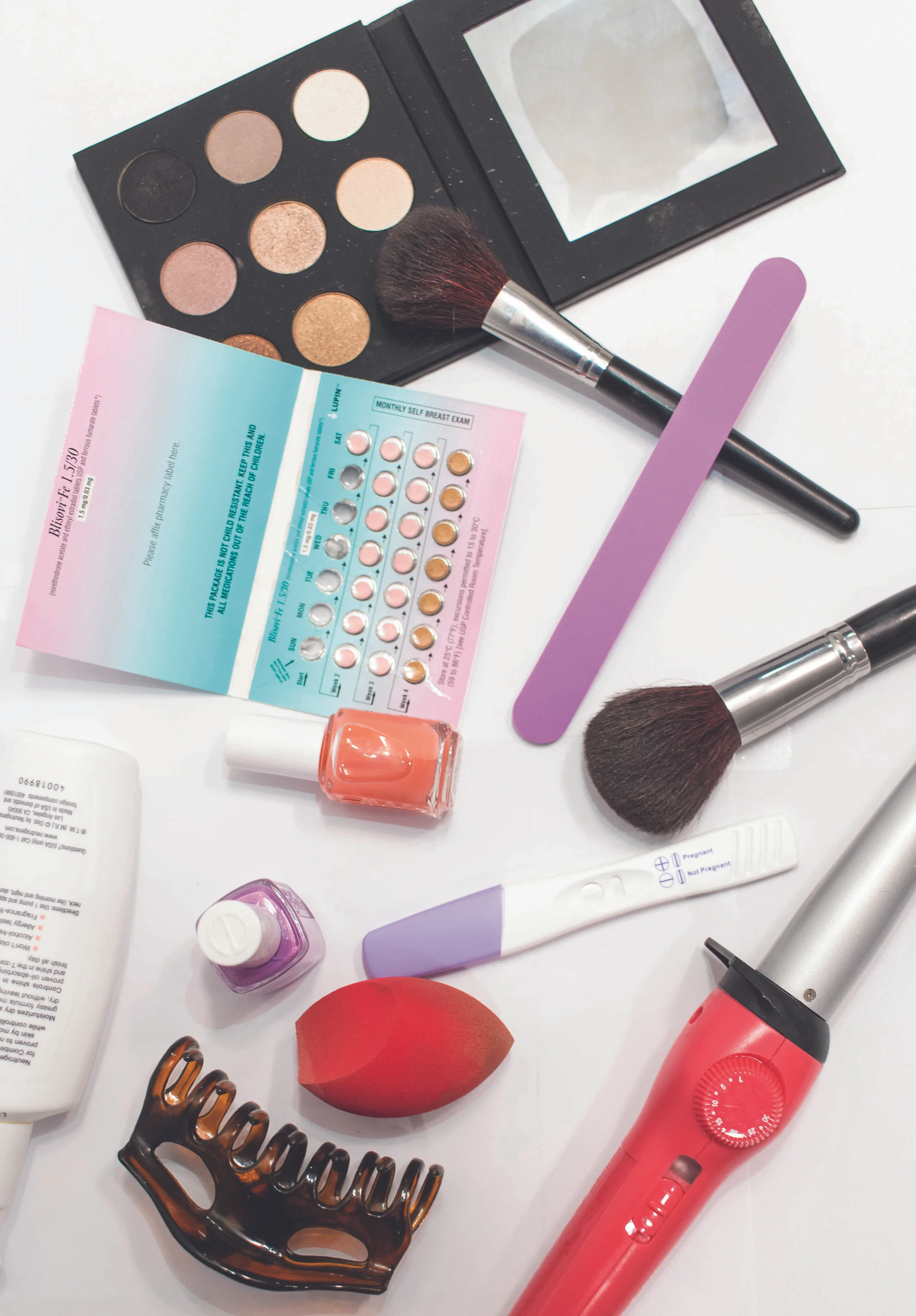Poppin’ Plan B
The Morning-After Pill isn’t usually one’s preferred choice of birth control, otherwise, it would be called “Plan A.” This doesn’t mean it’s not a safe, reasonable choice for when things go awry in the bedroom. Plan B is a levonorgestrel based morning-after pill and can lower chances of getting pregnant by 75-89% if taken within 3 days after unprotected sex, with even lower chances if taken immediately after. It usually costs around $50. Conversations about emergency contraceptives are taboo and flooded with myths, including the idea that it can cause infertility or that it’s equivalent to an abortion. These are simply untrue, yet many young women fear the Morning-After Pill due to its reputation, its lofty price, and misconceptions about how it works.
Freshman comedic arts major Mary Spadaro went to Catholic School for seven years and took mandatory sex education classes there.
“They told us Plan B was murder,” began Spadaro. “But they said a lot of things were bad in our Sex Ed class, so I didn’t really think about it. I was mostly just nervous that it wasn’t gonna work, and it’s also awkward that you have to ask someone to unlock it. I just didn’t wanna have a baby… so I took it.”
Emergency contraceptives have long been suppressed and stigmatized and received political and religious push back against their over-the-counter legalization. They were created and utilized to treat rape victims in the mid-1960s. Many, like Plan B One Step, Next Choice One Dose, and Take Action, were only legalized for over-the-counter sale for adult women in 2006. It wasn’t until 2013 that any woman, regardless of age, was able to purchase Plan B over-the-counter. For seven years, women under the age of 18 had to be prescribed emergency contraceptives by their doctor. This not only added to the price of the already expensive pill, but made it a more emotionally charged experience than necessary for young women.
Dr. Nancy Stanwood of Physicians for Reproductive Health and Rights told Sisterhood Magazine in 2013 after the legalization that, “too many women in the U.S. have gone without this necessary medication because the pharmacy counter is closed, they don’t have a government-issued ID, or they’re under 17 and lack a prescription.”
I grew up in Texas where I never took a Sex Ed course. At 16, I took Plan B for the first time and was absolutely horrified. I had no idea what it was or what it would do to my body. All I knew was I was deathly scared of getting pregnant. I don’t know what I would’ve done if I had had to tell my parents and schedule a doctor’s appointment to receive the Morning-After Pill. Maybe I’d have a kid.
Samuel Dearborn, a junior visual and media arts major, has been a Planned Parenthood member for about a year. He gives a monthly donation after representatives for the organization approached him on campus.
“I just think that women’s reproductive rights are really important and they’re kind of under fire right now, and under attack,” Dearborn said. “Especially with our current president and his cabinet. We can’t underplay how detrimental losing Planned Parenthood or the option of an emergency contraceptive would be. Honestly, if I was a woman, I’d be terrified if I didn’t have that option.”
Planned Parenthood provides emergency contraception at their health centers, along with a plethora of information on them, such as how to take them most effectively, quizzes for which kind is right for you, and how they work. Levonorgestrel, the active ingredient in Plan B, is “a synthetic progestin similar to the hormone progesterone, which the body makes to regulate the menstrual cycle,” according to Planned Parenthood. When taken, it will either prevent ovulation or the fertilization of an egg. This means that it does not in any way cause an abortion because it prevents the egg and sperm from ever coinciding.
Furthermore, Morning-After Pills containing levonorgestrel have no effect on an established pregnancy. Plan B will also never cause infertility, no matter how many times it is taken. However, it does reduce its ability to prevent pregnancy with each use.
Plan B and pills like it can cost anywhere between $50 and $30, adding to the stress of obtaining the pill for young women in need of it. Cheaper than an abortion pill or procedure, the high price of this pill still contributes to the privilege of dodging teenage pregnancy. Girls aged 15-19 in lower socioeconomic areas are more likely to carry accidental pregnancies to term, according to the National Survey of Family Growth.
Freshman visual and media arts major Carlene McGoldrick bought Plan B for two of her friends when she attended an all-girls catholic high school. “I bought it with my debit card so their parents wouldn’t see the charge on their debit cards,” McGoldrick said. “I was not expecting it to be as expensive as it was, and for what it is, I don’t think it should be that expensive. And honestly, if I found myself in that situation, I would have absolutely no hesitation. Like I would take it.”

